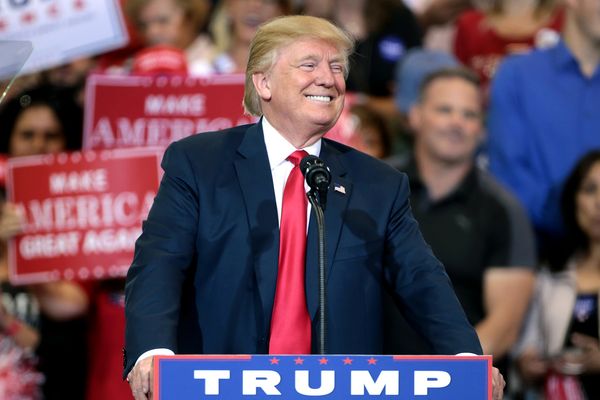On the 11thhour of the 11thday of the 11thmonth of 2018, the end of the First World War officially turned 100. And yet such a historic occasion went largely unremarked in American life, only a few passing mentions made in major news outlets and a few memorials at major national monuments.
This is somewhat understandable, it has been a busy news week what with all the election results still coming in and the never-ending drama from the White House. And there is the fact that the war only has only a tenuous grip out the American popular imagination after all we fought in it for little over a year and while we certainly suffered casualties, over 100,000 to be exact, it did not quite reach the traumatic levels suffered by the other major power in the conflict. I believe however that this collective minimization of the war to end all wars is a grievous mistake as we are still living in many ways with the wars effects, even a century latter.
To start with there are the living reminders of the war. For a war that is so often accused of having accomplished nothing it certainly reshaped the map of the world in its image. Across Europe, Asia, and Africa borders were redrawn and empires that had existed for hundreds of years were torn apart almost overnight either by partitioning to victorious powers or carved into new nation states. And it was these carless redrawing's of the map that form so many of our present foreign policy headaches as American troops are needed to try and maintain order in the successor states of European colonies in Africa and especially in the middle east where the stability of the Ottoman empire has never truly been replaced at the cost of thousands of American lives. Then there is the other great legacy of WW1 the now 101-year-old Russian revolution, which has set the stage for so much international conflict across the last century and continues sowing the seeds of discord to this very day.
Then there are the ghosts of the war to consider. The First World War lives up to its tragic reputation of millions of people slaughtered on the alters of imperial arrogance and national vanity. Its little surprise then that Americans try and take comfort in its sequel the second world war where things seem far simpler and more heroic, a thrilling tale of democratic allies vanquishing vile fascists bent on world conquest. Of the two of them however the first one is the one we should strive to identify with as its lessons of the dangers of jingoism and dogmatic leaders coupled with its grim images of desolation and suffering strike far truer to the heart of what war is and the risks of poor leadership in times of crisis. The stirring narrative of the second, while comforting and occasionally inspiring, presents precedents that are far more likely to lead to ruin. For the past 5o years from Vietnam to the war on terror America has paid in blood and treasure for following that precedent and is likely to continue paying for them.
In our own time of troubles it is useful to look back at the war that inaugurated so many of the tragedies of the twentieth century and perhaps if we are diligent and carful we may avoid a similar fate for our current century. There is also the fact that we should consider the war simply as a service to those who fought and died in it, that all the suffering that they endured might be able to mean something and that their deaths many not have been in vain.



















